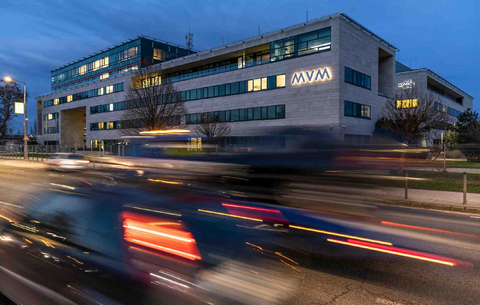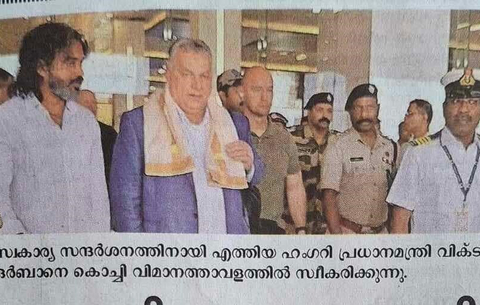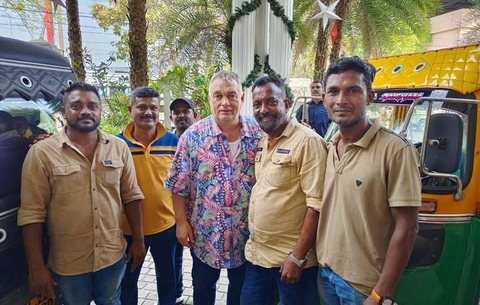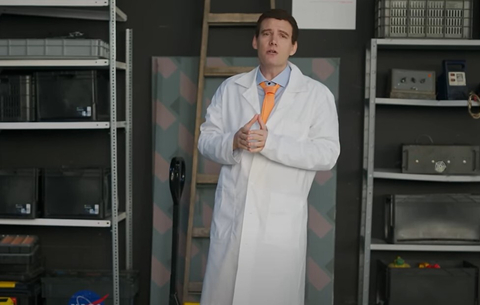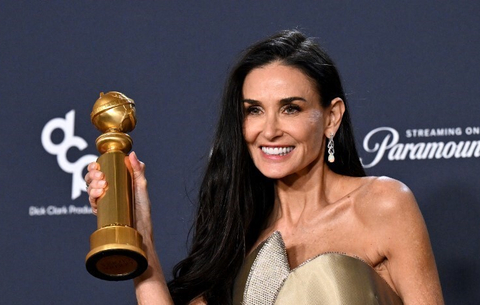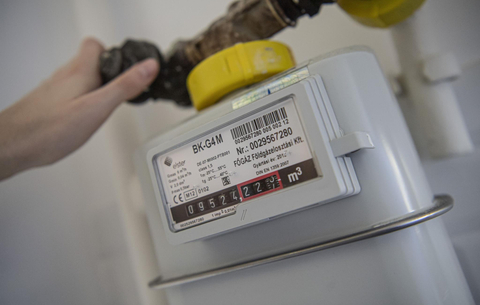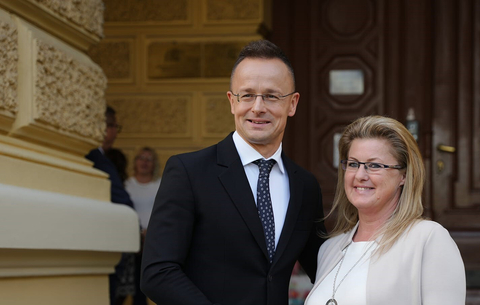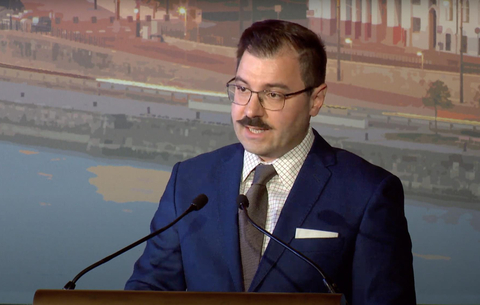On mission
Ferenc Somogyi, the foreign minister, has led a delegation of Hungarian diplomats to the Middle East. HVG.hu asked László Várkonyi, a deputy state secretary, about the aim of the discussions.
HVG: Hungarian diplomacy seems to have taken a renewed interest in the Middle East recently...
Várkonyi: The Middle East has always been important for us. The two focuses of this visit are our meeting with the foreign minister of Bahain and attending the commemoration in Jerusalem of the tenth anniversary of Rabin's death. We've managed to fit some other discussions in as well. The foreign ministers met in Jordan, and on arrival in Israel we were received by Sharon, the Israeli foreign minister. We also held talks with Ahmed Korei, prime minister of the Palestinian Authority.
HVG: Why was the Hungarian foreign minister invited to Bahrain?
Várkonyi: The G8 countries met with the countries of North Africa and the Arab countries of the Arabian peninsula. This is the so-called "broadened Middle East process", and the Hungarian foreign minister was also invited, alone amongst the new member states of the EU. The newly-founded Democracy Centre in Budapest had a role to play in this. The centre collects, archives and makes available documentation about the regime changes and transition in the countries of Central and Eastern Europe. The Centre helps democratic transition in other regions with its publications, seminars and events. The G8 invited the Hungarian foreign minister so that he could show the Democracy Centre to Arab leaders and introduce them to its services, in the belief that this would interest them.
HVG: And were they interested?
Várkonyi: We'll find out later, but it should be made clear that this is not about exporting democracy but about highlighting the useful aspects of our experiences. We have tried out the process of transition from dictatorship to democracy in practice, by means of the national round table discussions, and we have also experimented with various approaches to privatisation.
HVG: And is Hungary planning any kind of mediating role between the Palestinians and the Israelis? The Oslo process was also started by a small country.
Várkonyi: We don't have any such intentions, but by virtue of our EU membership we participate in the Quartet formed out of the EU, the US, Russia and the UN.
HVG: How do you see the state of Israeli-Palestinian relations in the light of yesterday's discussions?
Várkonyi: We listened to both parties, and we felt that they really were looking for answers, though they are also aware of the dangers. Both parties believe that the Palestinian elections in January will be very significant. But they have differing views on how the elections should be run, on the results that can be expected and on their consequenes.
By Zsuzsa Shiri in Jerusalem
